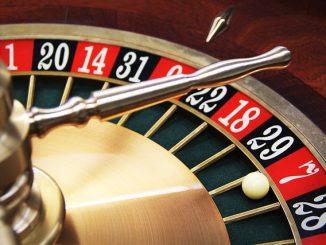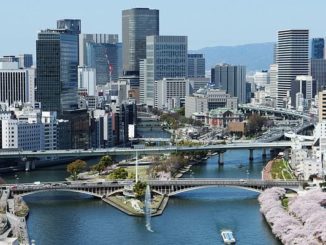
New Jersey has introduced a bill seeking to exclude tax on gross gaming revenue (GGR) from online gambling in Atlantic City Casino. Last week, Assemblyman John Armato introduced Assembly Bill 5587.
If passed, the bill seeks to amend the state’s tax scheme on Atlantic City casinos. Today, gross gaming revenues from internet gaming and land-based gambling are grouped under Casino Property Tax Stabilization Act.
According to a law passed in 2014, New Jersey expects a minimum of $120 million from Atlantic City casinos every year. The Tax Stabilization Act resulted from various casino resorts’ requests about reducing their property tax liabilities. Their motivation came from the fact that the economy was collapsing, thus decreasing casino revenue. Ideally, the 2014 passed law indicates that a casino’s property tax should increase as gross gaming revenue increases.
For example, Atlantic City casinos have to pay $120 million each year for earned revenue of $2.6 billion or less. However, if a casino makes over 3.4 billion, its property tax liability should not exceed $165 million.
Proposed Changes
Assemblyman Armato believes that revenue collected from online gaming shouldn’t be included in property tax obligations. In his proposed bill, the definition of gross gaming revenue changes.
The 2014 statute describes gross gaming revenue as the whole amount collected from casino gaming. This includes sports pool games from all casino gaming platforms in Atlantic City.
Also, all the nine casino facilities in Atlantic City have partnered with interactive gaming providers to offer online gambling over web browsers of mobile applications. As a result, these casinos share revenues with their partners. Yet, these casinos continue to pay obligated tax property with money derived from online gambling too. But, Armato wants this to change, primarily because the statute directed property tax liability from 2014 to the end of 2020.
Assembly Bill 5587 excludes gross gaming revenue collected from online casino gaming and sports betting from calendar years 2021 to the end of 2025. In addition, changes in the tax scheme will not affect Freehold Raceway, Monmouth Park, and Meadowlands as they were not included in the 2014 Atlantic City property tax structure.
Misleading Data
As any other state, New Jersey saw a decrease in revenue in 2020 following the COVID-19 pandemic. As a result, the annual gross gaming revenue decreased by 16.9 percent. Yet, a report by the New Jersey Division of Gaming Enforcement (DGE) indicates that land-based casinos in Atlantic City and sports betting racetracks earned over $2.88 billion more.
But, considering that brick-and-mortar facilities were closed for the better part of 2020, the revenue decreased by 44 percent. Besides, revenue collected from table games reduced by $340.3 million, while slot machines saw $833.7 million less income.
Even the president of Hard Rock Atlantic City, Joe Lupo, said that much needed to be done to land-based casinos. He said that the state needed to see its economy restored.
He continued by saying that restoration would not happen if the media would continue to report an increase in gambling revenue when part of it is collected from online gambling. Lupo noted some of the income goes to interactive gaming companies that don’t even have any stake in the state.
100% up to $3,000 Bonus
Bovada is our most recommended ONLINE CASINO and POKER ROOM for US players with excellent deposit options. Get your 100% signup bonus today.





Leave a Reply
You must be logged in to post a comment.